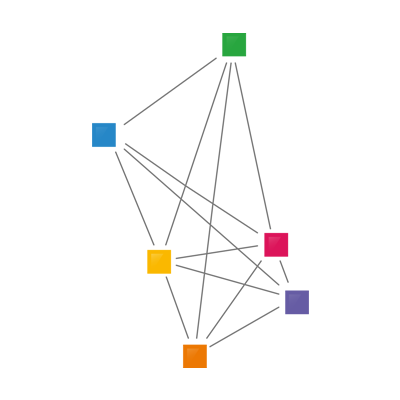What Do we mean by a ‘digital economy’?
5 Apr 2019 09:30h - 09:45h
Event report
[Read more session reports and live updates from the 2nd Western Balkan Digital Summit]
Mr John Newbigin OBE (Chairman, Creative England, and Cinema Arts Network) presented his involvement in the Digital Cities programme with the several cities from the WB6 region. He added that the relationship among cities can be a great starting point towards moving things forward and working in the Digital Cities programme in this region. Twelve cities from the region have been given the opportunity to collaborate with the UK entrepreneurs. Collaborations make different kinds of economies possible, Newbigin added.
Although the digital economy is by definition high skills technology actually it is general purpose technology. He pointed to the example of the M-pesa payment service started in Kenya as a simple money-sending app which uses a mobile phone for transfer. M-pesa now creates 25 % of Kenya’s GDP. M-Pesa in Afghanistan has reduced the level of corruption among the police force since they introduced the payments through the service. In another case, digital technologies have made it possible for 10.000 craftsmen and artisans in India to connect in the wide network. Although most of them are illiterate but highly skilled, the use of mobile phones enables them to make global deals with the major distributors like IKEA.
He also added that the future of jobs is uncertain and the place for unique human thinking is shrinking. He added that the major shift from the knowledge industry towards the creative thinking industry should be in place for every economy that wants to compete in the future.
The project like the 21st Century Schools envisaged and put in place by the UK, is one of the brightest examples of thinking for the future. Creativity will be the fuel to drive economies in the 21st century, he concluded.
By Arvin Kamberi
Related topics
Related event

